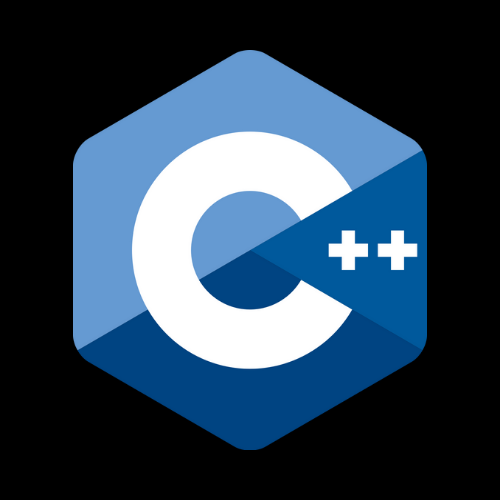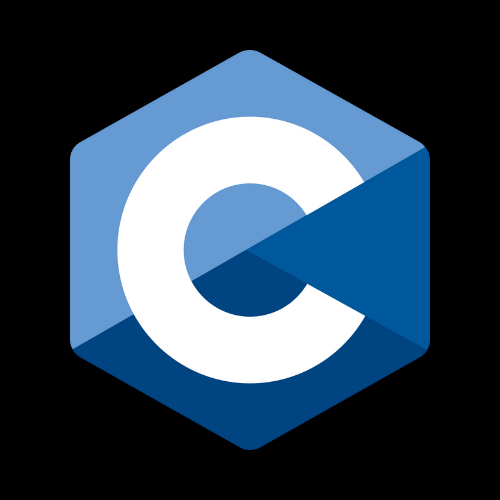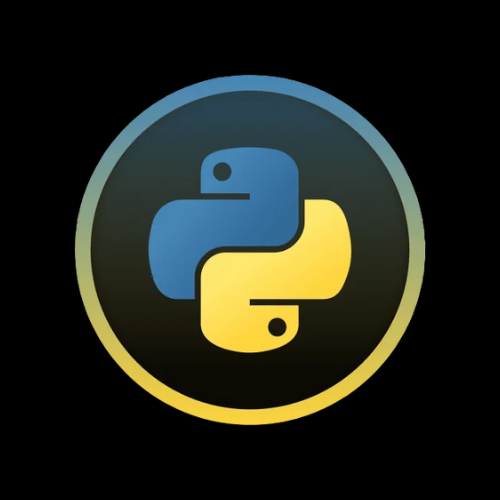C++ is an object-oriented programming (OOP) language, and one of the fundamental concepts in OOP is the use of classes and objects. In C++, a class is a user-defined data type that represents a blueprint for creating objects. Objects, on the other hand, are instances of classes, and they encapsulate data (attributes) and methods (functions) that operate on that data. Let's go through each of these concepts in detail with examples in C++.
1. Create a Class:
// Class definition
class Car {
public: // Access specifier
// Data members (attributes)
string make;
string model;
int year;
// Member functions (methods)
void start() {
cout << "The car is starting." << endl;
}
void stop() {
cout << "The car is stopping." << endl;
}
};
In the above code, we define a class called Car with attributes (data members) like make, model, and year, and member functions (methods) like start and stop.
2. Create an Object:
int main() {
// Creating an object of the Car class
Car myCar;
// Setting attributes for the object
myCar.make = "Toyota";
myCar.model = "Camry";
myCar.year = 2020;
// Calling methods on the object
myCar.start();
myCar.stop();
return 0;
}
In the main function, we create an object myCar of the Car class and set its attributes. We then call the start and stop methods on the myCar object.
3. Multiple Objects:
int main() {
// Creating two objects of the Car class
Car car1, car2;
// Setting attributes for the first car
car1.make = "Honda";
car1.model = "Civic";
car1.year = 2019;
// Setting attributes for the second car
car2.make = "Ford";
car2.model = "F-150";
car2 year = 2021;
// Calling methods on both objects
car1.start();
car2.stop();
return 0;
}
In this example, we create two objects, car1 and car2, both of the Car class. They have different attribute values and can be operated independently.
Classes and objects allow you to model real-world entities and their behaviors in your C++ programs. They promote code reusability and organization, making it easier to work with complex systems.


